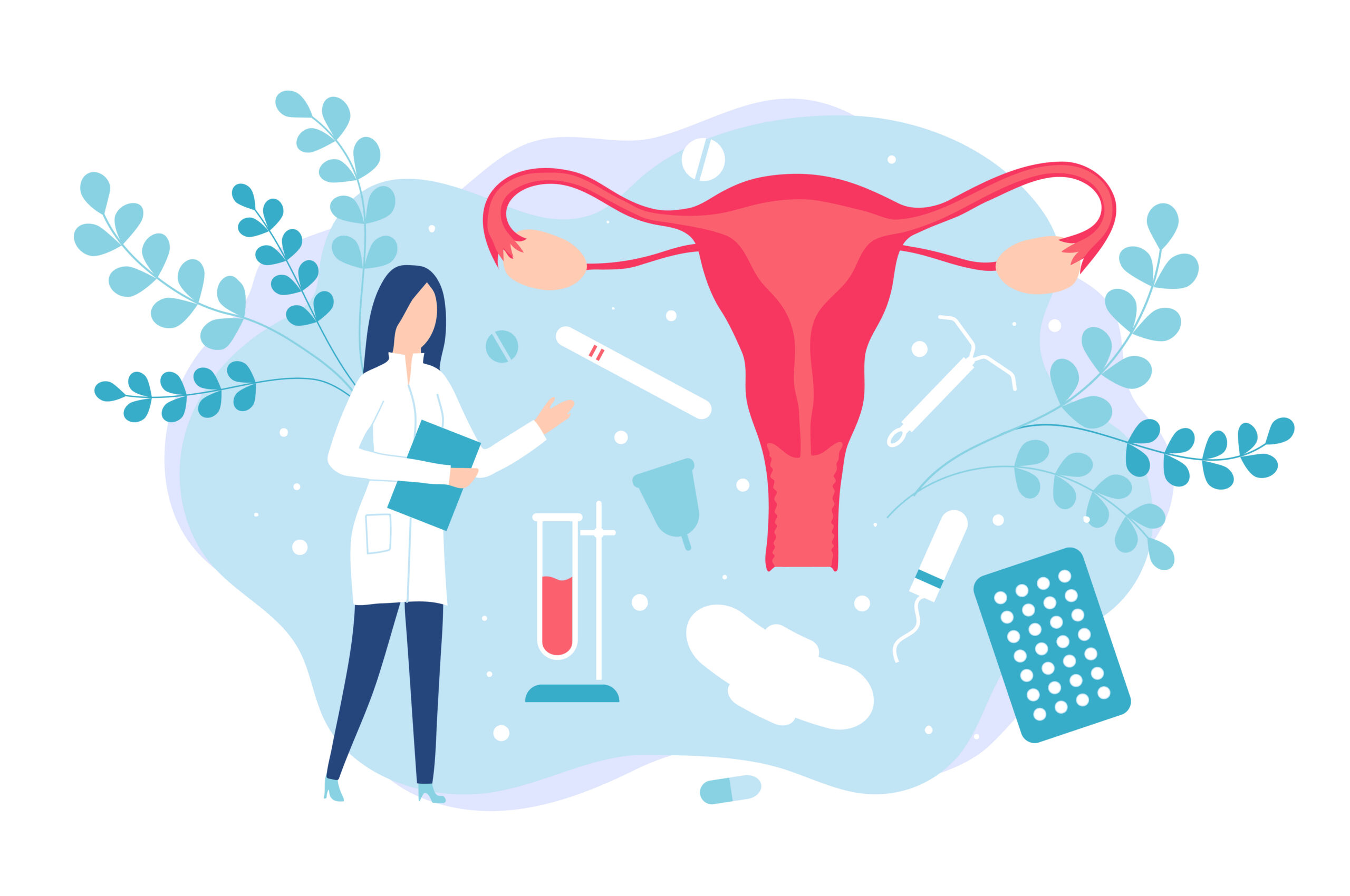
Clinically Speaking: Talking to Patients About Uterine Fibroids
This guide can help healthcare providers communicate better with patients about their uterine fibroid diagnosis and treatment options
Heavy menstrual bleeding, also called menorrhagia, is when periods are abnormally heavy or last for a longer than average amount of time.

This guide can help healthcare providers communicate better with patients about their uterine fibroid diagnosis and treatment options

Esta guía puede ser útil para qué médicos se comuniquen de mejor forma con sus pacientes en lo que se refiere a diagnósticos de fibromas uterinos y opciones de tratamiento

If you’re unsure how to talk to your healthcare provider about your period, these questions can help guide you

If your monthly periods are heavy or prolonged or both, you may suffer from menorrhagia, the medical term for heavy menstrual bleeding. If so, seek treatment from your health care professional.

As we get older, our periods — and how we view them — change

My fibroids caused severe anemia, and I needed a blood transfusion. But I’ve learned to manage the condition and advocate for the compassionate care I need

Heavy uterine bleeding is one of the most common gynecological complaints.

Weakness, headaches and even feeling out of breath are common symptoms, but sometimes they may point to a larger problem.

Heavy uterine bleeding may disrupt a woman’s everyday life, but losing so much blood can also cause this potentially serious condition.

FAQ about heavy uterine bleeding and iron deficiency anemia.